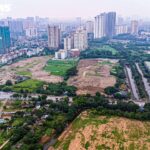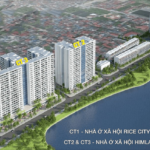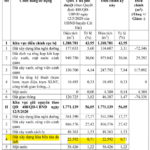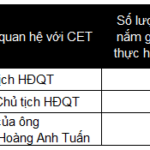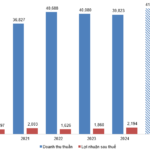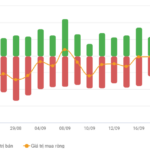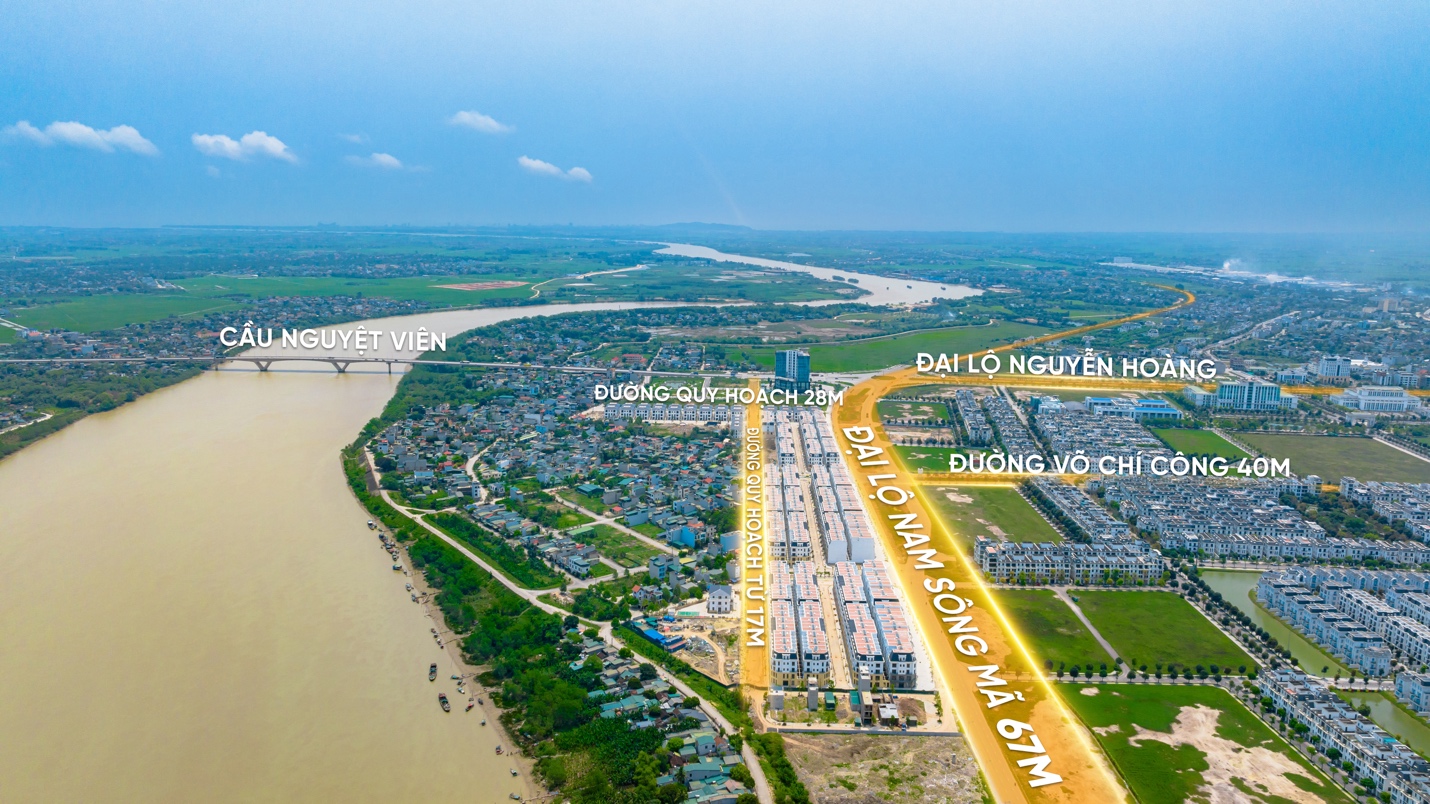Just 75% Compensation
Mr. Le Hoang Chau, Chairman of the Ho Chi Minh City Real Estate Association (HoREA), shared that at the discussion session held on July 31, 2025, to gather opinions on the content and orientation of the amendments to the Land Law of 2024, the Ministry of Justice accepted almost all previous proposals and recommendations from HoREA, experts, organizations, individuals, and the business community. These changes will benefit the economy and the people.
Mr. Chau added, “If the National Assembly adopts these amendments at its 10th session in late 2025, it will facilitate the transformation of land into a driving force for socio-economic development.”
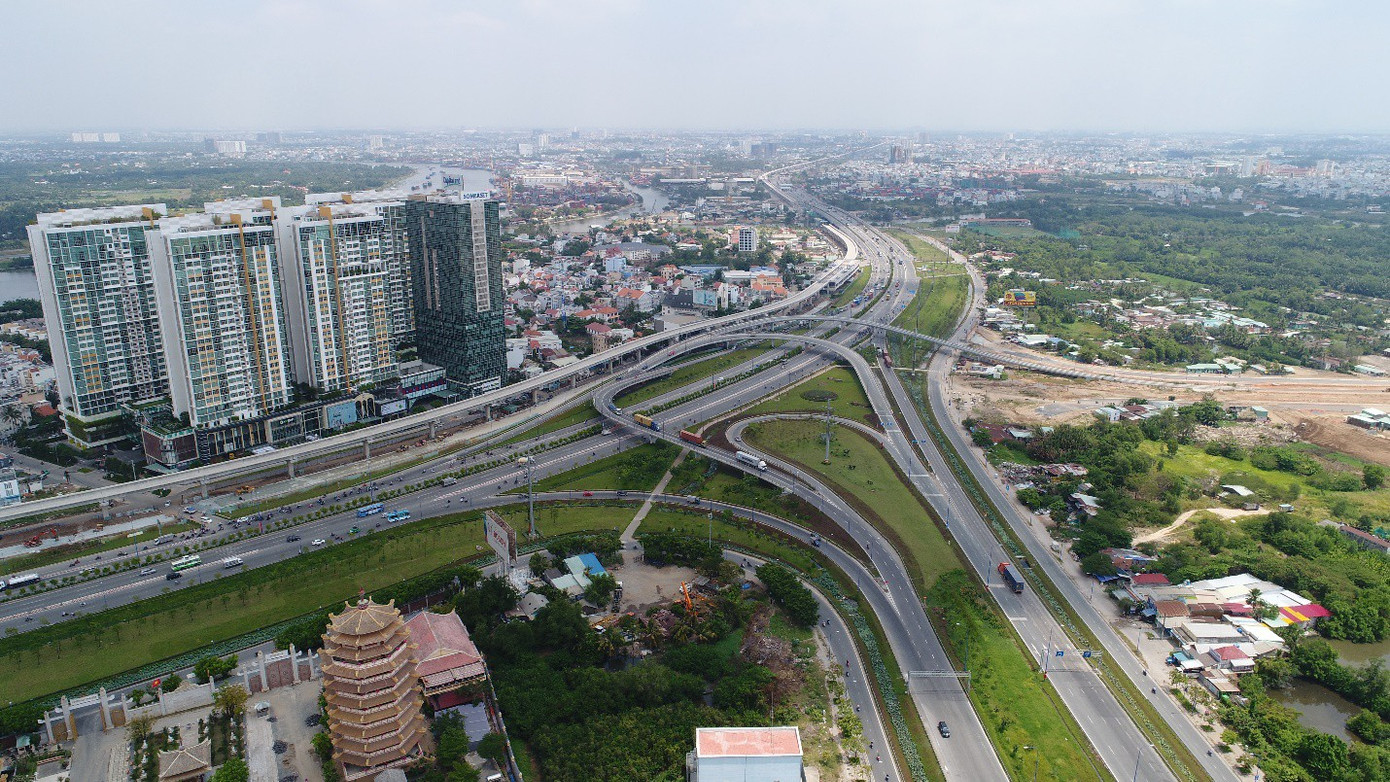
When an investor has agreed on 75% of the area, the state will reclaim the remaining land for allocation or lease.
During the meeting, Mr. Chau expressed that abolishing the regulation requiring land users to make additional payments for the period when land use or rental fees were not calculated would resolve difficulties faced by investment projects involving land use. This is where the competent state agency is slow to issue decisions on land or rental fees.
Mr. Chau commended the draft law for incorporating numerous suggestions from individuals, organizations, and enterprises, effectively addressing practical requirements. Notably, the draft stipulates that if a project surpasses the land recovery time limit and the investor has agreed on over 75% of the area or with more than 75% of land users, the state will reclaim the remaining land for allocation or lease.
“This regulation will address challenges associated with incomplete or patchy compensation, ensuring the rights of those whose land is reclaimed,” Mr. Chau asserted.
No Additional Payments Needed
According to Deputy Minister of Agriculture and Environment, Le Minh Ngan, the Land Law and its guiding texts have introduced numerous breakthrough provisions. These significantly contribute to the goal of perfecting the regime and policies and enhancing the effectiveness of land management and use.
The legal system on land has promptly institutionalized the Party’s renewed land policies. The current provisions on decentralizing authority to local governments under the Land Law are helping translate land policies into reality, reforming land administration procedures, and enhancing local governments’ accountability in land management and use.
However, after a year of implementing the Land Law, certain shortcomings and obstacles persist, necessitating further research and amendments. For instance, the system of planning and land use plans under the current Land Law is inconsistent with the two-tier local government model. Moreover, there are no regulations on land recovery for projects with specific location requirements or urgent and critical projects serving political and diplomatic tasks.
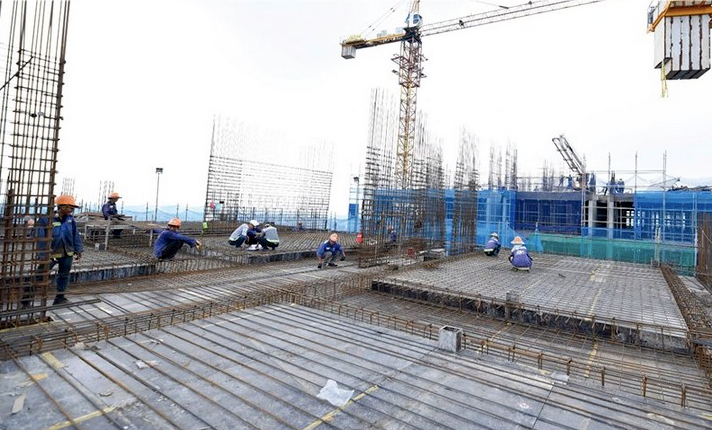
The draft amendment proposes abolishing the regulation on additional payments by land users for the period when land use or rental fees were not calculated.
Therefore, amending and supplementing certain articles of the Land Law is essential to continue institutionalizing the Party’s viewpoints and directions and addressing challenges in enforcing the Land Law. This move is timely and aligns with the country’s socio-economic development requirements.
The draft law comprises two articles, amending and supplementing the Land Law with 68 clauses in three main groups. The first group includes provisions that institutionalize the viewpoints, objectives, tasks, and solutions for amending and supplementing Resolution No. 18-NQ/TW, proposed by the Government Party Committee and approved by the Central Committee in Resolution No. 69-NQ/TW on July 19, 2025.
The second group comprises provisions that continue to address challenges in enforcing the Law, while the third group involves amendments to align with the two-tier local government model.
Notably, the draft amendment proposes abolishing the regulation on additional payments by land users for the period when land use or rental fees were not calculated.
Minister of Justice, Nguyen Hai Ninh, revealed that the recent Central Conference discussed amending and supplementing the Land Law. The National Assembly is expected to consider and approve these amendments to the 2024 Land Law at its upcoming session.
Minister Ninh emphasized the singular importance of land, which profoundly impacts multiple sectors and areas and directly affects people’s livelihoods and economic development. With Vietnam aiming for growth rates above 8% this year and in the double digits in subsequent years, effective land resource exploitation and management are imperative for achieving these goals.
Proposed Land Recall if 75% Agreement with Residents is Reached
The Ministry of Agriculture and Environment has proposed a new initiative to expedite land acquisition for development projects. In a bold move, the Ministry has suggested that if investors can secure compensation agreements with at least 75% of landowners, they will be granted permission to proceed with the land retrieval process. This proposal aims to strike a balance between the needs of investors and the rights of landowners, ensuring a smooth and efficient path toward progress.
The $150 Million Resort Project on Cai Trap Island, Haiphong: An Update
The Hai Phong Economic Zone Management Board has approved adjustments to the detailed planning of the Cai Trap Amusement and Recreational Park and Resort on Cai Trap Island, located in Dong Bai and Nghia Lo communes, Cat Hai District, Hai Phong City. This decision involves a meticulous 1/500 scale revision, envisioning a vibrant and captivating entertainment hub amidst the picturesque island setting.


























